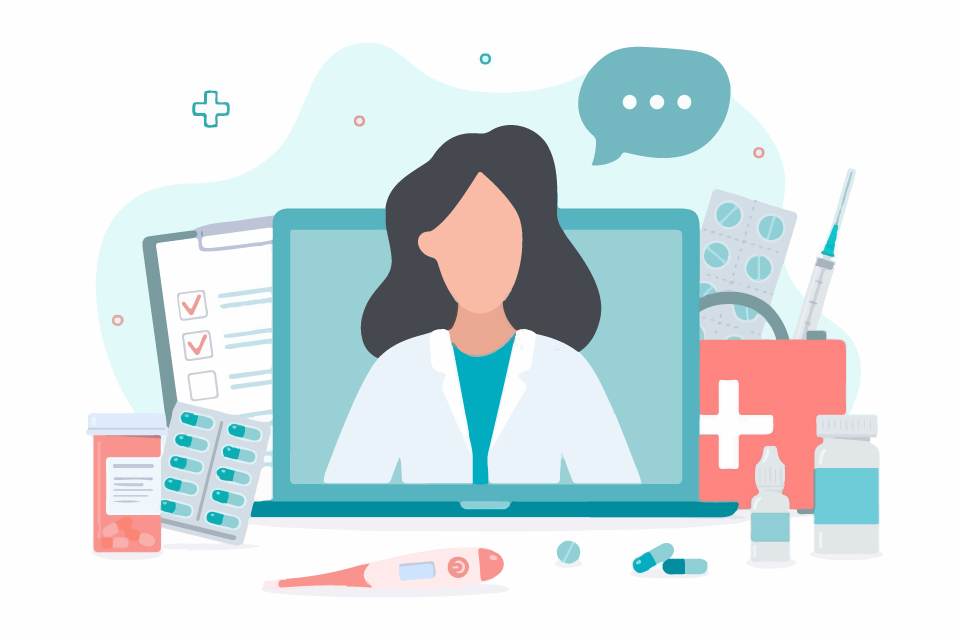Helping Hands: Connecting with My Cancer Patients
Written By: Alison Duffy, PharmD, Associate Professor of Pharmacy Practice and Science
Editor’s Note: This post is part of a series of Helping Hands stories authored by School of Pharmacy faculty, staff, students, trainees, and alumni who stepped up to assist their family and friends, colleagues, and communities during the COVID-19 pandemic.
I have the pleasure of working with an incredible group of oncologists, pharmacists, nurses, and patients at the University of Maryland Greenebaum Comprehensive Cancer Center. The COVID-19 pandemic is a stressful time for all, especially for those with a new or active cancer diagnosis. Many patients are hesitant to come to the cancer center for treatment. I have been working with clinic teams and outpatient pharmacy colleagues to transition patients from receiving chemotherapy and supportive care medications in our Infusion Center to administering these therapies at home, when it’s safe to do so, and educating patients and family members accordingly. Given the compromised immune systems of my patients with cancer, we have been finding ways to connect with them using technology.
In an effort to save time and limit exposure during clinic appointments, my pharmacy students and I have been calling patients before clinic appointments and checking to see how their chemotherapy treatment plans have been going. This includes asking about medication access, medication adherence, and tolerability in an effort to identify and resolve medication problems in advance and improve the patient’s success with their therapy.
After clinic appointments, the pharmacy team often calls patients receiving new or modified chemotherapy to provide education on new medication plans and assist with timely access to urgent, important prescription therapies, often calling pharmacies and insurance companies. New cancer and chemotherapy plans can be a lot to digest, so adding these virtual check-ins has been a great way to ensure that education was understood and retained, and to improve patients’ confidence and relieve some stress.
Often, we provide electronic oral chemotherapy calendars and diaries, as well as recommend medication and mindfulness apps to help with adherence success. Sometimes, simply connecting with patients on common interests can make all the difference right now.

